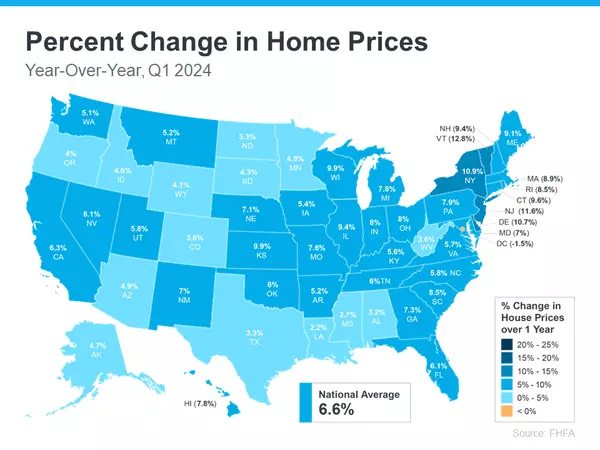Understanding Colorado's DR1083: Tax Requirements for Out-of-State Home Sellers

Understanding Colorado's DR1083: Tax Requirements for Out-of-State Home Sellers

If you're selling your Colorado property but don't reside in the state, there's an important aspect you shouldn't overlook: the DR1083 form and its implications on tax withholding at closing.
Colorado's Department of Revenue mandates a withholding of sale proceeds when the seller isn't a resident and the sales price surpasses $100,000. It's crucial to note that this law doesn't only pertain to out-of-state individuals; it also extends to corporations without a permanent place of business in Colorado, as well as estates and trusts located outside the state.
? When Does Withholding Apply?
Anytime a nonresident sells a property in Colorado for more than $100,000, the title company is required to withhold proceeds for Colorado income tax purposes.
? How Much is Withheld?
The withholding tax is calculated as the smaller of 2% of the gross sales price or the net proceeds from the sale. Net proceeds refer to the amount due to the seller after settling all expenses related to the sale.
For instance, if the sales price amounts to $200,000 and the seller nets $45,000 from the sale before the nonresident withhold, the withholding would be $4,000 (2% of the sales price). Conversely, if the $200,000 sales price only results in $3,000 for the seller, the withholding would be $3,000.
? Exceptions to the Withholding
At the time of closing, the seller must complete the DR 1083 form. Even if the seller is a nonresident, withholding might not be necessary if:
- There are no net proceeds from the sale, OR
- The seller signs an affirmation stating that no Colorado income tax will be due on the sale.
However, it's essential to note that if the seller chooses the second option, seeking advice from their accountant is highly recommended to ensure the affirmation is factual and accurate.
? What Happens to the Withheld Amount?
The title company will remit the withholding tax to the Colorado Department of Revenue, where it will be credited to the seller's income tax account as an estimated payment. Later, when the seller files their Colorado income tax return, they can claim credit for this estimated payment against their actual income tax liability.
Understanding the DR1083 form and its implications is crucial for out-of-state sellers in Colorado. By being aware of these requirements, sellers can navigate the closing process smoothly and ensure compliance with Colorado's tax regulations.
Categories
Recent Posts









